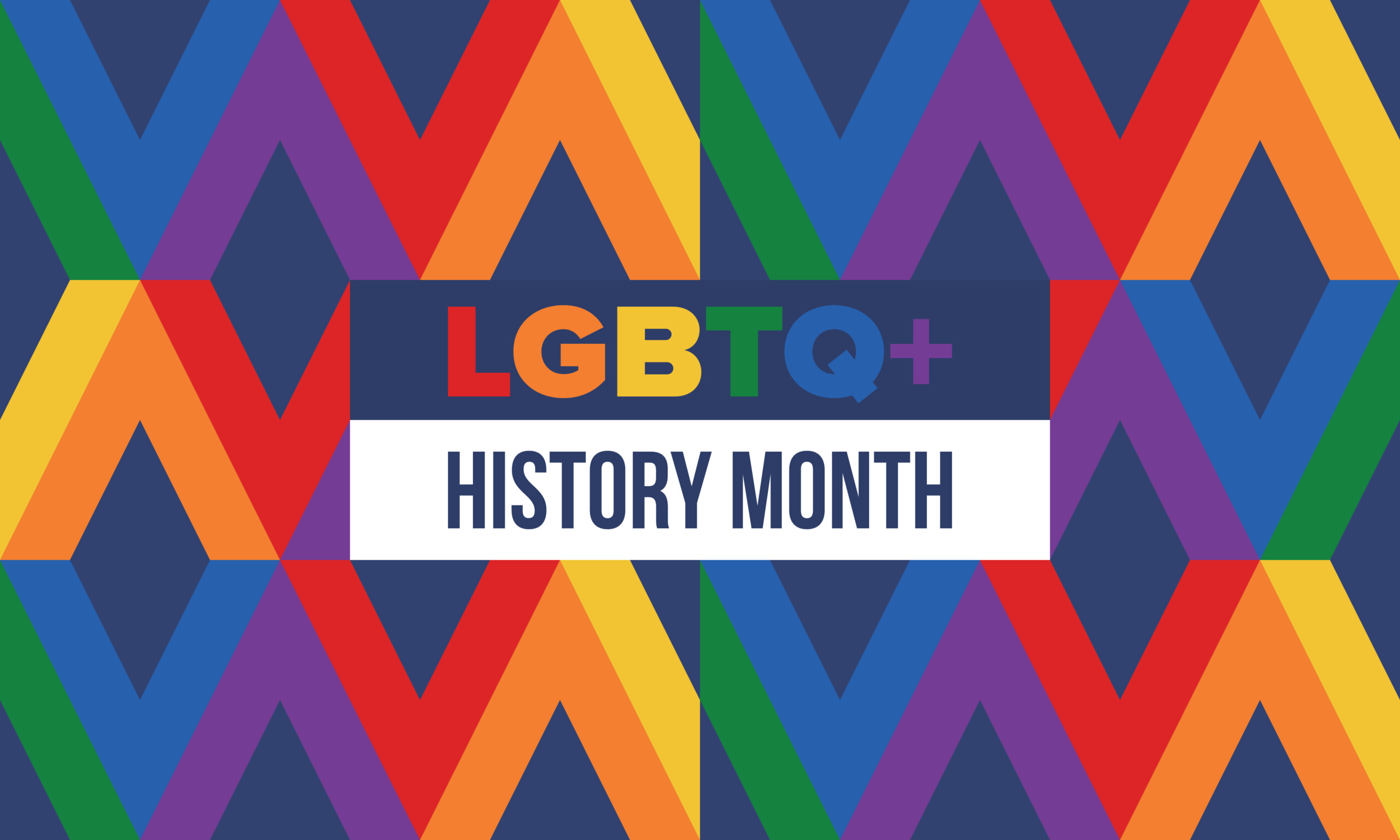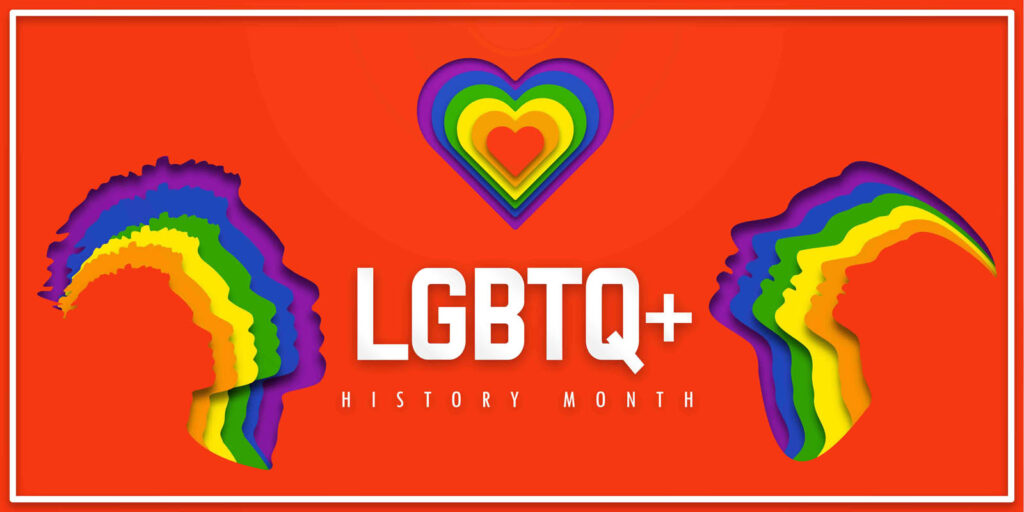
Did you know that October is LGBTQ+ History Month? (part 3 of 3)
Filed Under: LGBTQ+
Anna Rossi
Senior Director, Quantitative Research
LGBTQ+ History Month: Why Education Still Matters
Happy LGBTQ+ History Month! The month of October is dedicated to recognizing and learning about the LGBTQ+ community.
LGBTQ+ History Month began in schools more than 30 years ago because students weren’t learning about the history of LGBTQ+ people or the broader rights movement. The goal was simple but powerful: by educating students, schools could help reduce fear, foster acceptance, and empower LGBTQ+ people—both students and adults—to feel comfortable being their authentic selves.
Today, those goals remain as urgent as ever.

Ongoing Challenges in Classrooms
Despite decades of progress, classrooms remain a focal point in the fight for LGBTQ+ visibility and inclusion. In March 2022, Florida passed legislation widely known as the “Don’t Say Gay” law, censoring discussions about LGBTQ+ identities, families, and even small, inclusive gestures such as displaying a Pride flag.
Florida is not alone—19 states currently have laws restricting or prohibiting classroom discussions about LGBTQ+ topics. These policies often erase LGBTQ+ identities in subtle but harmful ways. For example:
- A woman married to a man can reference her husband in class, but a woman married to a woman cannot mention her wife.
- A cisgender teacher can discuss their gender identity, while a transgender teacher cannot acknowledge theirs.
This unequal treatment sends a damaging message: that some people’s lives are acceptable to acknowledge, while others are not.
The Gap in LGBTQ+ Inclusive Education
Only eight U.S. states explicitly require LGBTQ+ inclusion in their curricular standards. Even then, implementation is inconsistent. With little oversight or resources, teachers are often left to decide how (or if) to include LGBTQ+ history in their classrooms. Many educators lack training or support to address questions, manage parental concerns, or provide meaningful content.
As a result, most education about LGBTQ+ people and history still comes from outside the classroom—through media, advertising, and conversations with family and friends.
Why Education and Visibility Remain Vital for the LGBTQ+ Community
Even in 2025, simply existing openly as an LGBTQ+ person can feel radical, especially for transgender individuals. Education remains one of the most powerful tools for fostering understanding, reducing prejudice, and ensuring that future generations grow up in an environment where authenticity is welcomed.
That’s why LGBTQ+ History Month is more than a commemoration—it’s a call to action. We invite you to join C+R Research and our CultureBeat team in learning more, talking more, and advocating more—for the LGBTQ+ community and especially for the children in your life. After all, they represent the future.
“If you think education is expensive, try ignorance.” — Andy McIntyre
Make sure to check out Part 1 and Part 2 of our Did you know that October is LGBTQ+ History Month? blog series!
explore featured
Case studies

